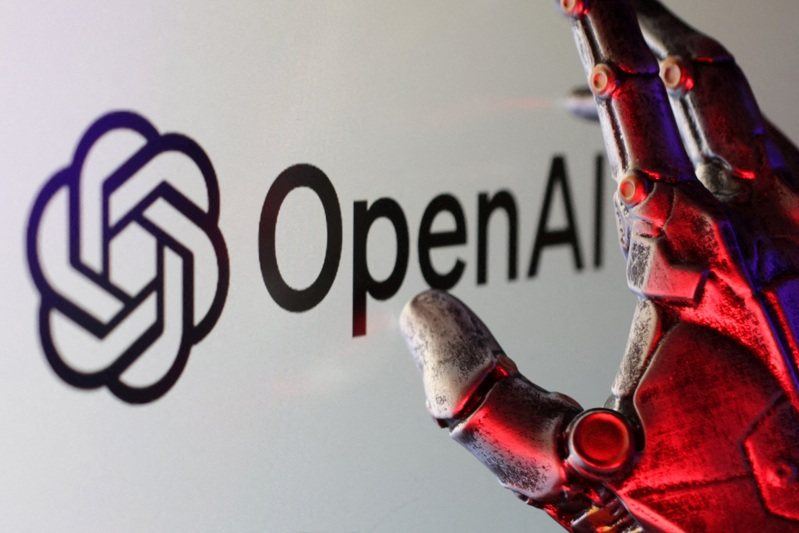DOJ clarifies Dragonfly is not a target as Tornado Cash co-founder trial nears conclusion
Dragonfly managing partner Haseeb Qureshi revealed that the U.S. Department of Justice (DOJ) will not bring criminal charges against the crypto venture firm, as Tornado Cash co‑founder Roman Storm’s federal trial in Manhattan neared its conclusion.
Qureshi, whose investment firm backed several blockchain startups, wrote on social media that federal prosecutor Nathan Rehn told the court July 28 that neither Dragonfly nor its principals were targets of the department’s investigation.
He called the public clarification “unprecedented” and “a clear violation of DOJ policy,” citing the Justice Department’s usual practice of keeping target information confidential. The development comes days after Qureshi publicly denounced the DOJ over targeting the firm for backing Tornado Cash in 2020 as part of Storm’s trial.
Storm, who co‑founded Tornado Cash in 2019 as an open‑source protocol to anonymize cryptocurrency transactions, is charged with laundering more than $1 billion and violating U.S. sanctions against North Korea’s Lazarus Group.
The trial, which began July 14 in U.S. District Court in Manhattan, has heard testimony from blockchain tracing experts and former Tornado Cash users. Closing arguments are expected later this week.
Tornado Cash was added to the U.S. Treasury Department’s sanctions list in August 2022, marking the first time a software protocol faced such action. Prosecutors allege Storm personally approved transactions for illicit actors, while defense attorneys argue that the protocol’s code, not its creator, should be judged.
Dragonfly invested in Tornado Cash in 2020 after obtaining an outside legal opinion that the mixer complied with U.S. anti‑money‑laundering guidance issued by the Financial Crimes Enforcement Network (FinCEN).
The outcome of Storm’s case could reshape how open‑source developers are held accountable for user activity. If convicted, Storm faces up to 45 years in prison, a sentence that critics warn could chill innovation in privacy‑enhancing tools.
Qureshi wrote:
“With that behind us, the focus should remain on Roman Storm’s trial, which is now nearing closing arguments as soon as this week. Its outcome will have massive implications for open-source software and privacy rights in America.”
The post DOJ clarifies Dragonfly is not a target as Tornado Cash co-founder trial nears conclusion appeared first on CryptoSlate.
Disclaimer: The content of this article solely reflects the author's opinion and does not represent the platform in any capacity. This article is not intended to serve as a reference for making investment decisions.
You may also like
OpenAI Ordered to Hand Over 20M ChatGPT Logs in NYT Copyright Case

Unprecedented "burn rate"! Wall Street estimates: Before turning profitable, OpenAI will have accumulated losses of $140 billion.
According to data cited by Deutsche Bank, OpenAI may accumulate losses exceeding 140 billions USD before reaching profitability, with computing power expenses far surpassing revenue expectations.

VIPBitget VIP Weekly Research Insights

Morning Brief | Ethereum completes Fusaka upgrade; Digital Asset raises $50 million; CZ's latest interview in Dubai
Overview of major market events on December 4.

